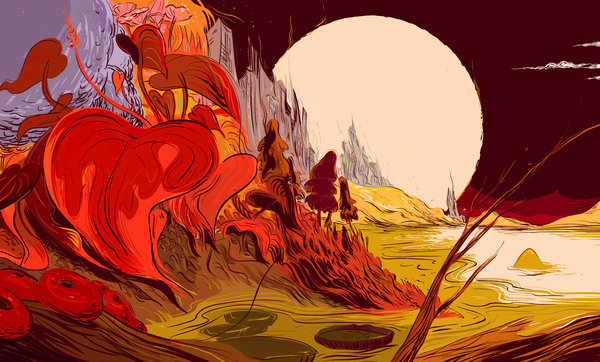Carbon atoms do not disappear when we burn them into carbon dioxide. Isotopic tracer studies show that they work their way into the very fabric of life on Earth. Some of them travel up the food chain from the atmosphere to plants to animals to our dinner plates. Roughly one-eighth of the carbon in your flesh, hair and bones recently emerged from smokestacks and tailpipes. We are not only a source of air pollution — we are air pollution, and our waste fumes will henceforth be woven into the bodies of our descendants, too.
This inert fossil fuel carbon inside us has no direct effect on our health, although mercury and other pollutants that often accompany it amid industrial and automotive emissions may harm us. Most of the airborne carbon will eventually dissolve into the oceans, leaving a sizable fraction of it aloft until it, too, is removed by chemical reactions with carbonate and silicate minerals in rocks and sediments.
That’s the good news.
The bad news is that the natural mopping up of our mess will be extremely slow. Research by the University of Chicago oceanographer and climate scientist David Archer and others shows that the cleanup will take tens of thousands of years even if we switch quickly to renewable energy sources. When the Earth’s slow cyclic tilting and wobbling along its eccentric orbital path once again leads to a major cooling period some 50,000 years from now, enough of our heat-trapping carbon emissions will still remain in the atmosphere to warm the planet just enough to weaken that chill. In other words, our impacts on global climate are so profound that we will have canceled the next ice age.
It is now too late to stop human-driven warming altogether. Even if we wean ourselves from fossil fuels within the next few decades, our descendants will still face temperatures significantly higher than they are now — for millenniums to come. But that is no reason to delay or despair. If we don’t make the switch soon, our descendants will later be forced to do so under duress because of the depletion of finite reserves, and the artificially hotter Earth will be even poorer in species, habitats and lifestyles for thousands more generations. MORE
Drawing by Wesley Allsbrook
